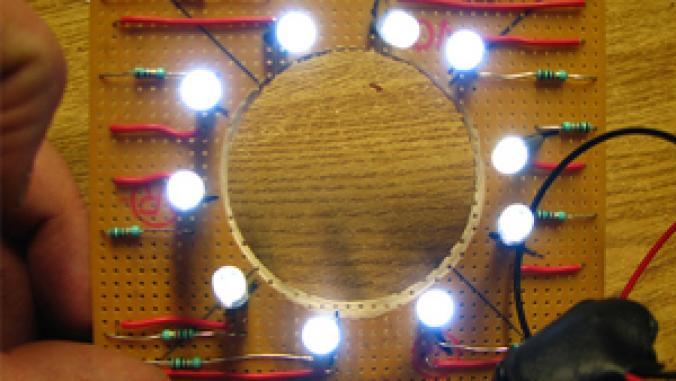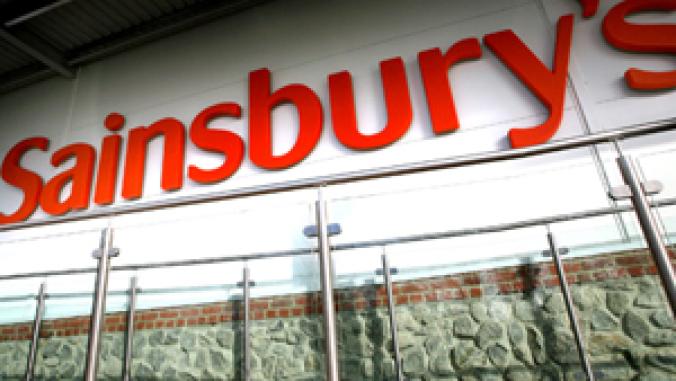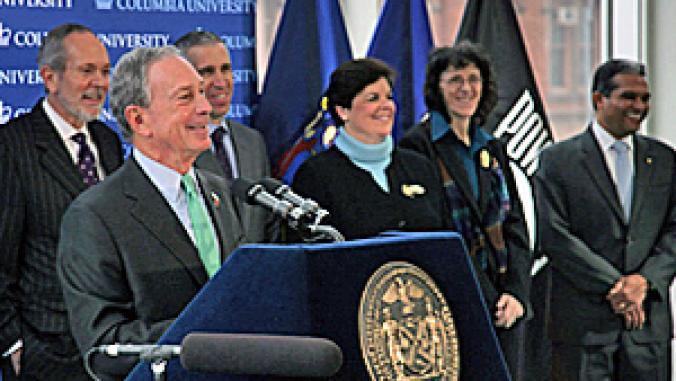Smart Meters Alone Won't Reduce Energy Use, Study Says
<p>Utilities need to go beyond the smart meter and use a range of energy-feedback tools to achieve significant reductions in customers' power consumption and their electricity bills, new research shows.</p>

Utilities need to go beyond the smart meter and use a range of energy-feedback tools to achieve significant reductions in customers' power consumption and their electricity bills, new research shows.
In a report released this week, the American Council for an Energy-Efficient Economy estimates that U.S. households could cut their electricity use by as much as 12 percent and save as much as $35 billion over the next 20 years. That is if customers have context for the data that advanced metering can provide, they are shown how they can slash their power use and costs, and they are sufficiently motivated to change.
"The bottom line here is very simple: Smart meters in and of themselves are just not 'smart' enough to get the job done for consumers and our economy," said John A. "Skip" Laitner, the council's director of Economic and Social Analysis.
"While advanced metering provides a useful tool to save energy, cut consumer electric bills and reduce greenhouse gas emissions from power plants, utilities need to use these advanced meters to provide consumers with information on their consumption in ways that grab consumers' attention and encourage them to take action," Laitner said in a statement.
By the end of 2008, 6.7 million advanced meters had been deployed among commercial, industrial and residential customers in 19 states, the ACEEE report said. At the time, just 4.7 percent of all residential meters were advanced devices.
Though deployment has since increased, smart metering is in place among just a fraction of customers. This year, the study said, the typical American household will spend about $1,500 for the electricity and natural gas. That household is also likely to use 20 percent to 30 percent more energy than necessary.
The report outlined ways that various forms of feedback can help curb energy waste and usher customers into a smart grid. The list includes:
Indirect feedback after consumption-- An "enhanced" utility bill or website that provides more than basic consumption data
-- "Whole-home" resource consumption information delivered by a vendor
-- Deeper contextual information, such as statistical analysis, delivered by a vendorDirect feedback via real-time technology
-- On-site/in-home energy display
-- Smart devices including appliances
-- Disaggregated and contextual informationAutomation Layers
-- Whole-home automation: generation, energy management, storage
The report also noted that third-party providers of feedback tools and technologies are likely to become increasingly important players in the process because of the bridge they provide between consumers of energy and the utilities that supply it.
The study highlighted a few of the early participants, including:
- OPower, which uses peer pressure to drive greater efficiency by providing personalized energy consumption reports to customers -- and comparing usage to that of their neighbors
- Efficiency 2.0, which enables users to develop an energy savings plan and connect with other like-minded people via social media
- Google, which is partnering with a number utilities through its PowerMeter program.
The study reinforces and expands upon points that are central to the efforts of the third-party companies that help customers across sectors monitor and manage energy efficiency -- namely that energy users of all stripes benefit from an array of tools to control consumption.
The report comes as a growing number of utilities are launching smart meter programs in efforts to lay a foundation among commercial and residential customers for a smart grid. The residential rollouts have met with mixed receptions as customers find themselves dunned for greater energy use than had been captured by traditional meters.
In such situations, enhanced billing could go a long way toward helping customers understand why their costs are so high and how to change their consumption habits.
"People may be unhappy to get an electricity bill for $200, but it's even worse to find out that your neighbors' energy bills are half what you're paying even though their homes are the same size," said lead report author Karen Ehrhardt-Martinez, who was with ACEEE and now is a senior research associate at the University of Colorado's Renewable and Sustainable Energy Institute in Boulder.
"Through enhanced billing consumers can better evaluate their energy consumption practices, determine how energy is being wasted, and take action," she said in a statement.
The report concluded:
"Advanced metering initiatives alone are neither necessary nor sufficient for providing households with the feedback that they need to achieve energy saving; however, they do offer important opportunities. To realize potential feedback-induced savings, advanced meters must be used in conjunction with in-home (or on-line) displays and well-designed programs that successfully inform, engage, empower and motivate people."
The report can be viewed with registration, but without a fee, at aceee.org/pubs/e105.htm.
Image courtesy of Pacific, Gas and Electric Company.




